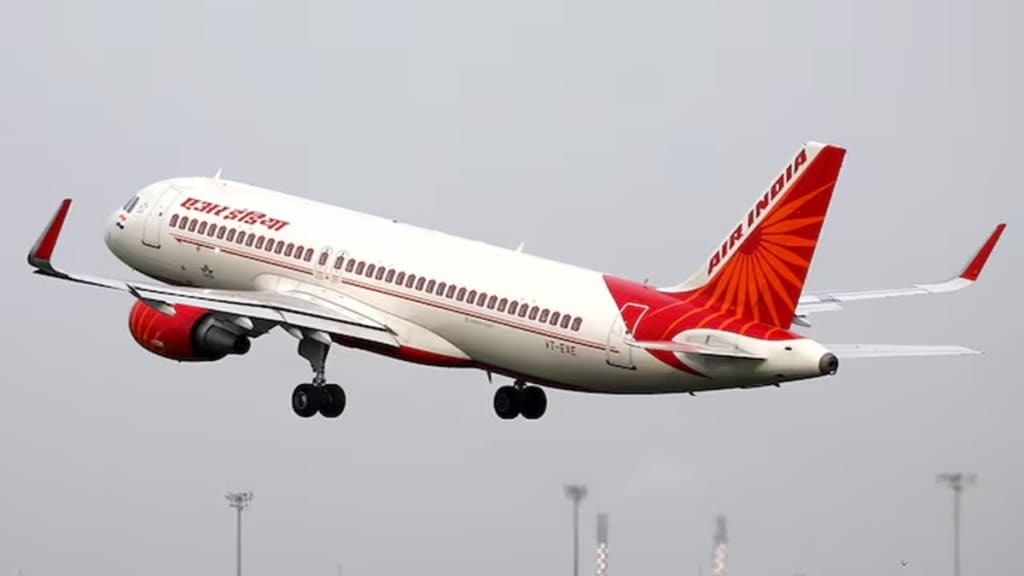Air India is in talks with Adani Airports to make the upcoming Navi Mumbai airport a hub for its international operations as it looks to significantly step up its global presence.
The Navi Mumbai airport, which is controlled by Adani Airports Holdings (AAHL), to be India’s second-largest airport operator (in terms of passengers serviced), is expected to commence commercial operations from mid-November. Both domestic and international flights will start from the opening day.
Hub-Ready from Day One
“Terminal 2 at the Navi Mumbai airport will be designed and built for hub operations from Day 1. AAHL is working with Air India for their design input and to help them make it a hub for their international operations,” said an industry source.
As the existing infrastructure at the Chhatrapati Shivaji Maharaj International Airport (CSMIA) is stretched to its limits with regards to passenger handling capacity, there is no room for making any design and structural changes at the airport.
“Navi Mumbai airport will eventually become the international hub. It is a modern airport compared to CSMIA. There cannot be too many changes at terminal 2 at CSMIA. So, eventually you will have international operations becoming more dominant at the Navi Mumbai airport,” said the source.
Air India Express Likely to Move First
“Initially, it may be Air India Express which will move its international operations to the Navi Mumbai airport while continuing to stay at CSMIA. This will help the Air India group understand what it takes to run operations from that airport,” said another industry source.
Even with a rated capacity of 20-23 million at Terminal 1, AAHL believes that it will run out of this capacity within the first six months of operations at the Navi Mumbai airport. Therefore, the company has already kick-started work on the second terminal which is expected to start operations in 2029. The combined capacity of both the terminals will be 60 million supported by two operational runways.
When contacted, Air India declined to comment.
Last year, the Tata Group-owned airline entered into an agreement with Bangalore International Airport to develop Bengaluru as a premier aviation hub for southern India.
After the induction of six long-haul Airbus A350s, which were aimed at enhancing international presence, Air India has been forced to slow down its planned global expansion due to shortage of aircraft.
The schedule of the refurbishment programme for 13 of its legacy Boeing 777-300ER aircraft has been revised and will now be completed by October 2028, a year behind the announced timeline.
On Tuesday, the airline said it will suspend flights between Delhi and Washington from September 1 due to a truncated availability of the Boeing 787-8 aircraft and the continued closure of the Pakistani airspace. The airline is retrofitting 26 of the 787-8s.

